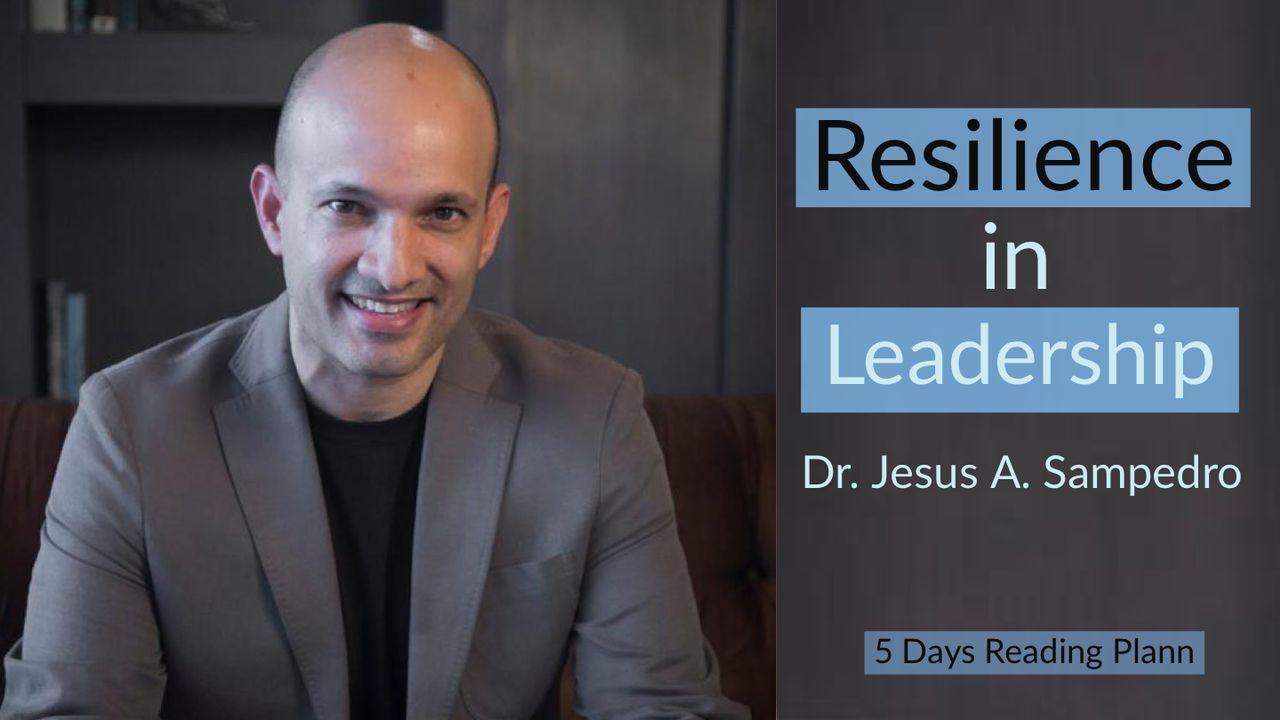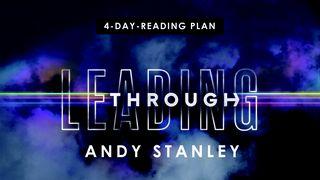Resilience in Leadershipනියැදිය

Managing stress in the midst of change
Change stretches us, challenges us, and drains us. It brings out the best or the worst in us.
Every time there is a project that implies a major change and takes us out of the comfort zone or requires the development of new and unknown abilities on our side, it has the potential to generate stress in us. Stress is generally associated with the complex reaction we go through when trying to reach a certain level of performance, but we fail. Our brain, which needs a sense of accomplishment, runs out of energy and emotion, and sometimes collapses. It has a lot to do with how we balance and distribute wisdom between what we seem to control and what we cannot.
God wants us to be "anxious for nothing," regardless of the change that is happening around us or that we are facing. In Philippians 4:6, when we are told to be anxious "for nothing," it means "for nothing.” That means, in theory, no circumstance should be able to distress us, in any area or at any time in life. However, we all know how easily we allow ourselves to be influenced by the circumstances. We are filled with anguish, fear, and end up in stress. Finding peace, focus, and energy in the midst of a transition or significant change is what trusting God is all about. It is about bringing all concern to Him and getting His de-stressing provision in return.
To reflect: It is not about removing what stresses us. It is about trusting God in the midst of changes and obtaining His resources to deal effectively with it.
ලියවිල්ල
මෙම සැලැස්ම පිළිබඳ තොරතුරු

Every leader needs strength, wisdom, and focus from God to handle stress, manage change, and decide wisely. Leading with resilience means anchoring your spirituality in God to fulfill your purpose and be a blessing, despite difficulties. Join Dr. Jesús A. Sampedro in this 5-day journey and explore Biblical teachings to successfully move forward in your leadership.
More
අදාළ/සමාන සැලසුම්

Influence

Qualities of an "Unconventional" Business Leader

Leading Through

Passion, Vision, Action

Essential: Finding Worth in Your Work

Shrinking The Integrity Gap

Biblical Leadership: God’s Plan for Your Leadership

Biblical Leadership: Leaders Born, Made or Called?

Leaders Go First
